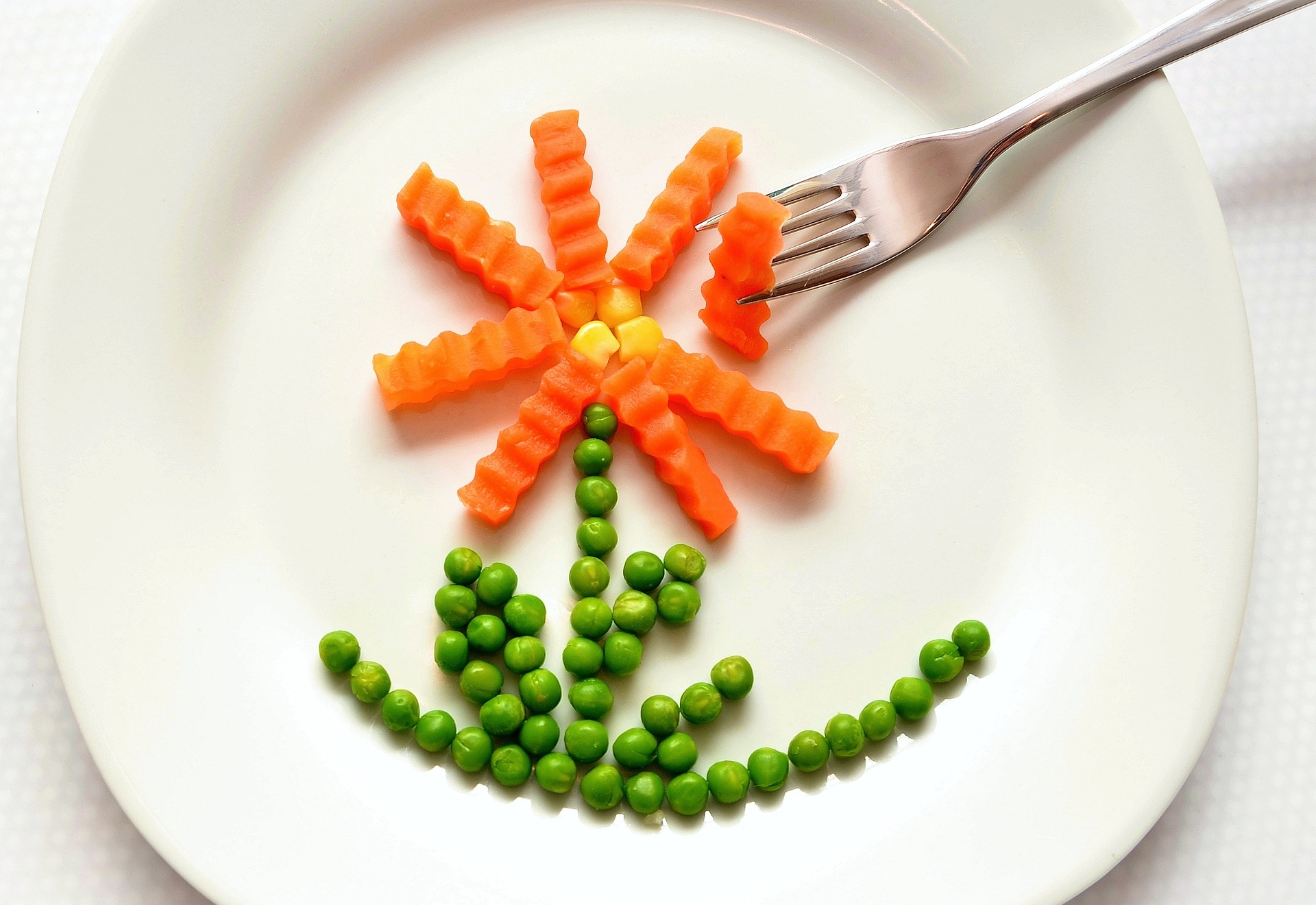Frozen vegetables are cheaper on the pocket and just as nutritious as their fresh siblings
With the price of, well, everything skyrocketing, it can be quite expensive to ensure we’re getting the healthiest of foods. Step on over to the frozen food section and let’s learn about the health benefits of frozen vegetables.
Quick Read:
- Frozen vegetables are usually picked and preserved at their peak freshness.
- Freezing can help to keep many nutrients intact.
- Frozen vegetables are typically the more affordable option, rather than fresh.
Quick, convenient, reasonably priced
After a long day of work, who has the time to chop up fresh vegetables for a healthy and satisfying supper? Now, we’re not saying to skip the veggies altogether – rather go for frozen as a quick and smart choice.
By now, we understand that we must have a good portion of fruit and vegetables each day to give our bodies the nutrients it needs to function well. However, it’s also true that most of us barely get enough nutrition in our weekly diet. Fresh vegetables can be expensive, challenging to cook with, and don’t last long in the fridge. Plus there are seasonal vegetables, so you may not always have a wide range from which to choose.
Frozen vegetables are a time and budget saver – relatively cheaper and always on hand when you need a boost of veggies for your meal.
On the upside, a vegetable (even in frozen form) is better than no vegetable at all! And if you’re trying to eat less meat, frozen vegetables make it quick and simple to add more plant-based nutrition to meals without spending too much time in the kitchen.
But, are frozen vegetables healthy?
Yes! The vegetables that earn their places in the frozen food section get picked at their peak, in the prime of their life, so to speak. This means they have their maximum number of nutrients and are in the flush of their healthy state. Vegetables like frozen peas, carrots, and corn are good sources of dietary fibre, which is necessary for healthy digestion.

From farm to freezer
The next step is that selected vegetables are blanched in hot water or steam. This process kills off any bacteria or other substances from the fertilisation/growing process. At this point, some of their goodness can seep out but the final product still has a good dose of nutrients. The other good news is that frozen vegetables can last for months in the freezer, reducing food waste and allowing for long-term storage. Plus, you can enjoy vegetables that may not be in season in your region year-round.
Keeping the fresh factor
- Try not to overcook the vegetables. Remember, they’re still technically fresh, just chilled/frozen.
- Read food labels when shopping and look for products that contain the least amount of sodium (salt) and sugar.
- Overboiling the vegetables will leech a good amount of the vitamins you actually want, like B vitamins, folate and Vitamin C. Steaming is a better way to keep the vegetables in its healthy state.
- It also kind of defeats the purpose of eating healthy if you’re going to drench your vegetables in oil, dressings and other rich sauces. Rather, spice up the flavour with a pinch of salt, pepper or herbs.
- Although you can keep frozen vegetables for much longer than their fresh counterparts, don’t use them simply as freezer accessories! Eat them within the expiry date. You don’t want all the vitamin content and flavour to be completely lost.
Frozen vegetable superstars
- Frozen green beans and blueberries – high in Vitamin C
- Frozen broccoli – high in riboflavin
- Frozen kale – high in antioxidants
- Frozen corn – high in fibre and B vitamins
Images: Freepik and Unsplash



















